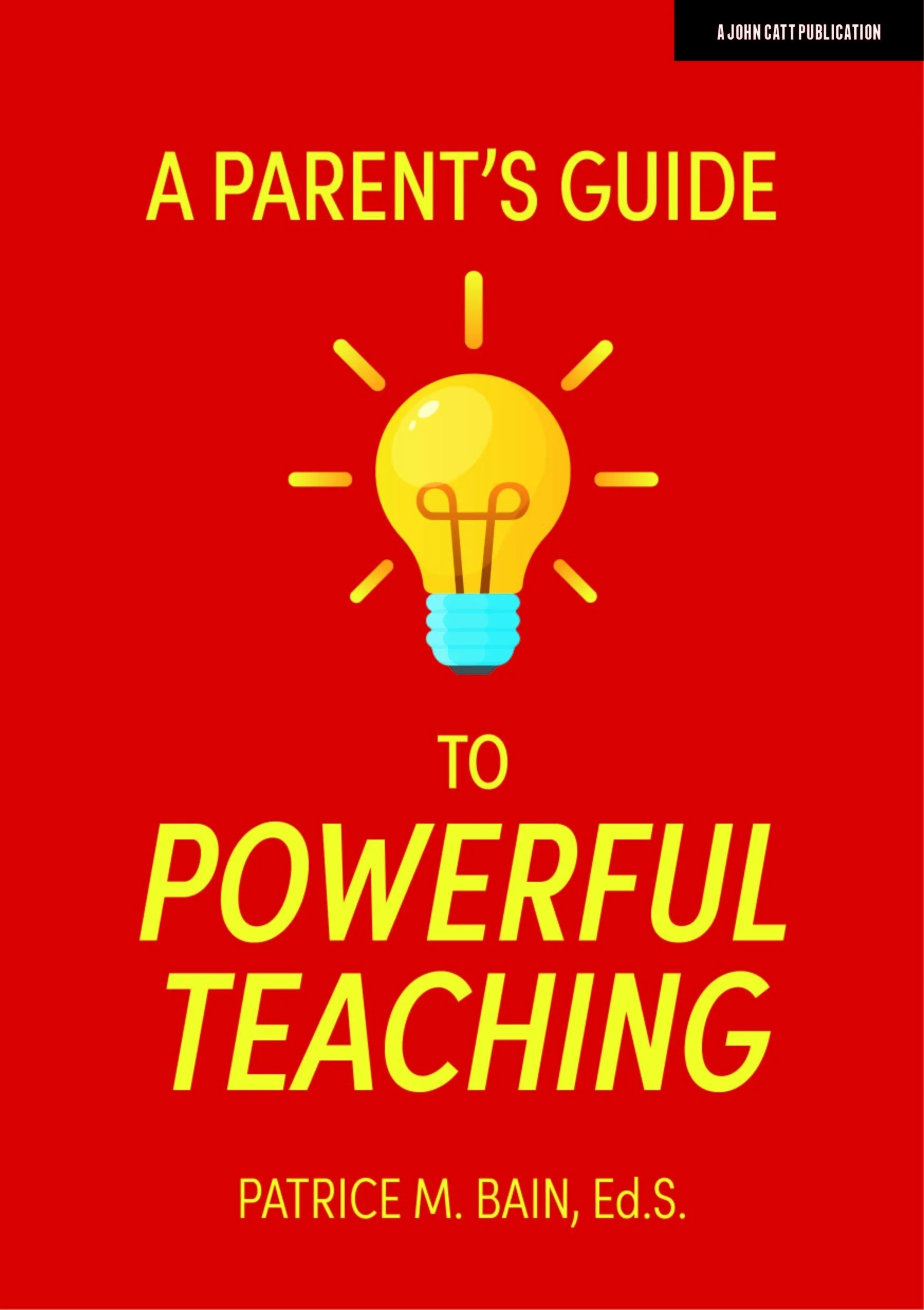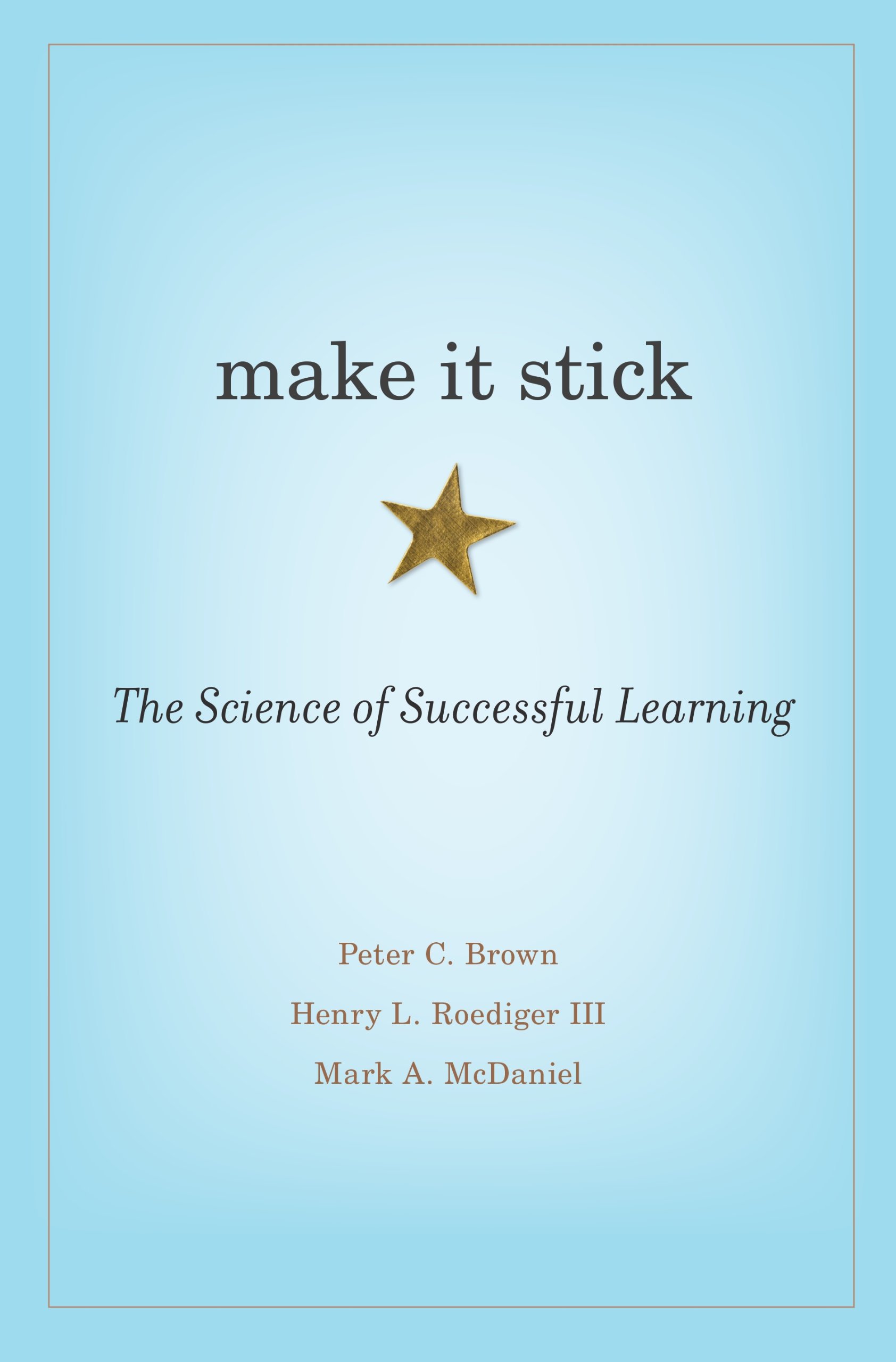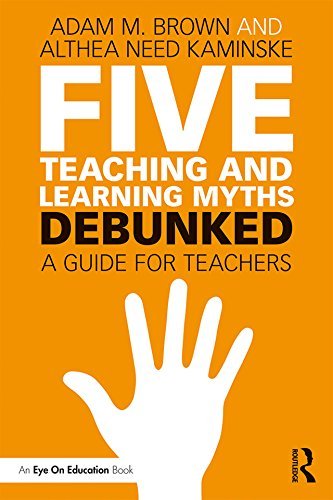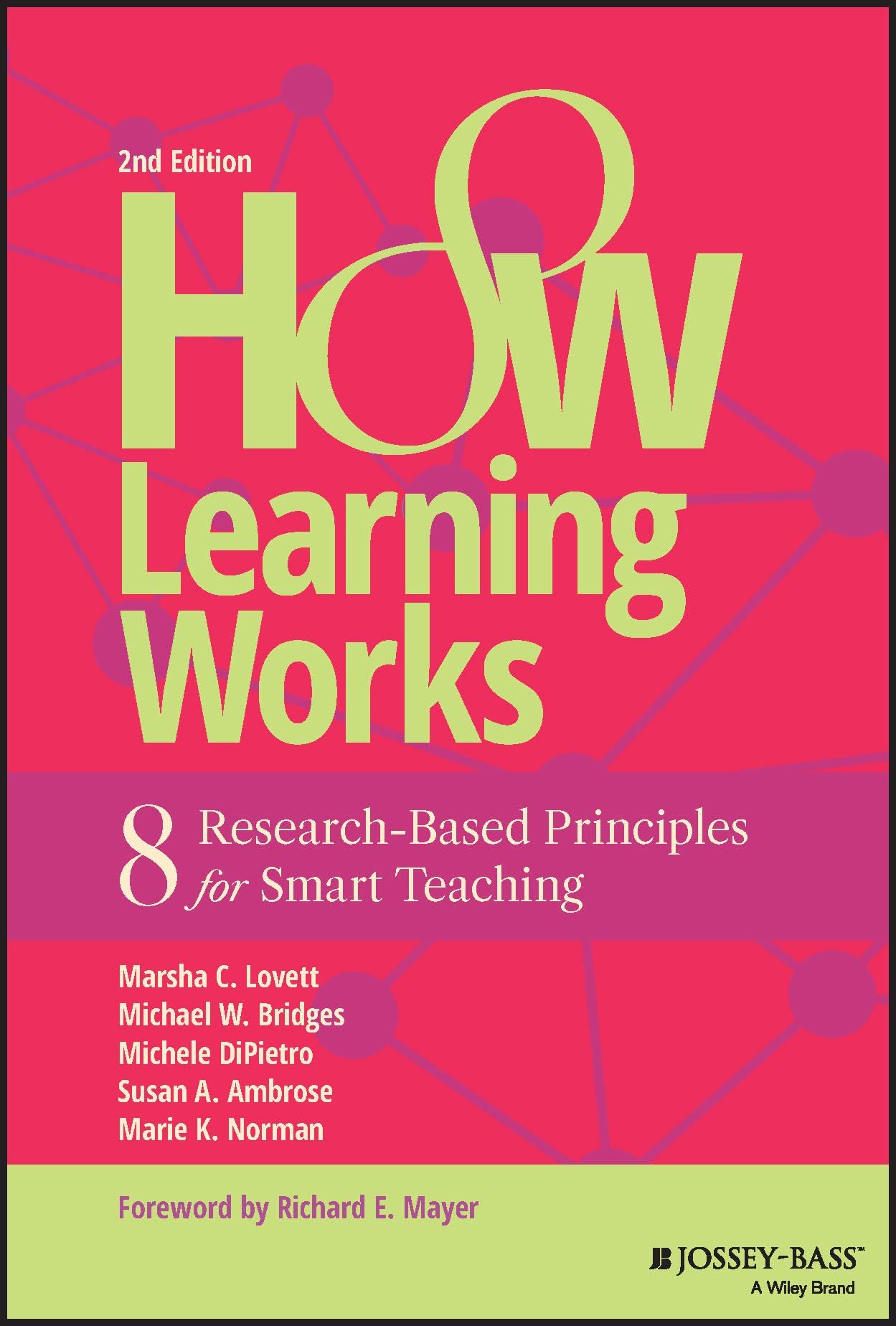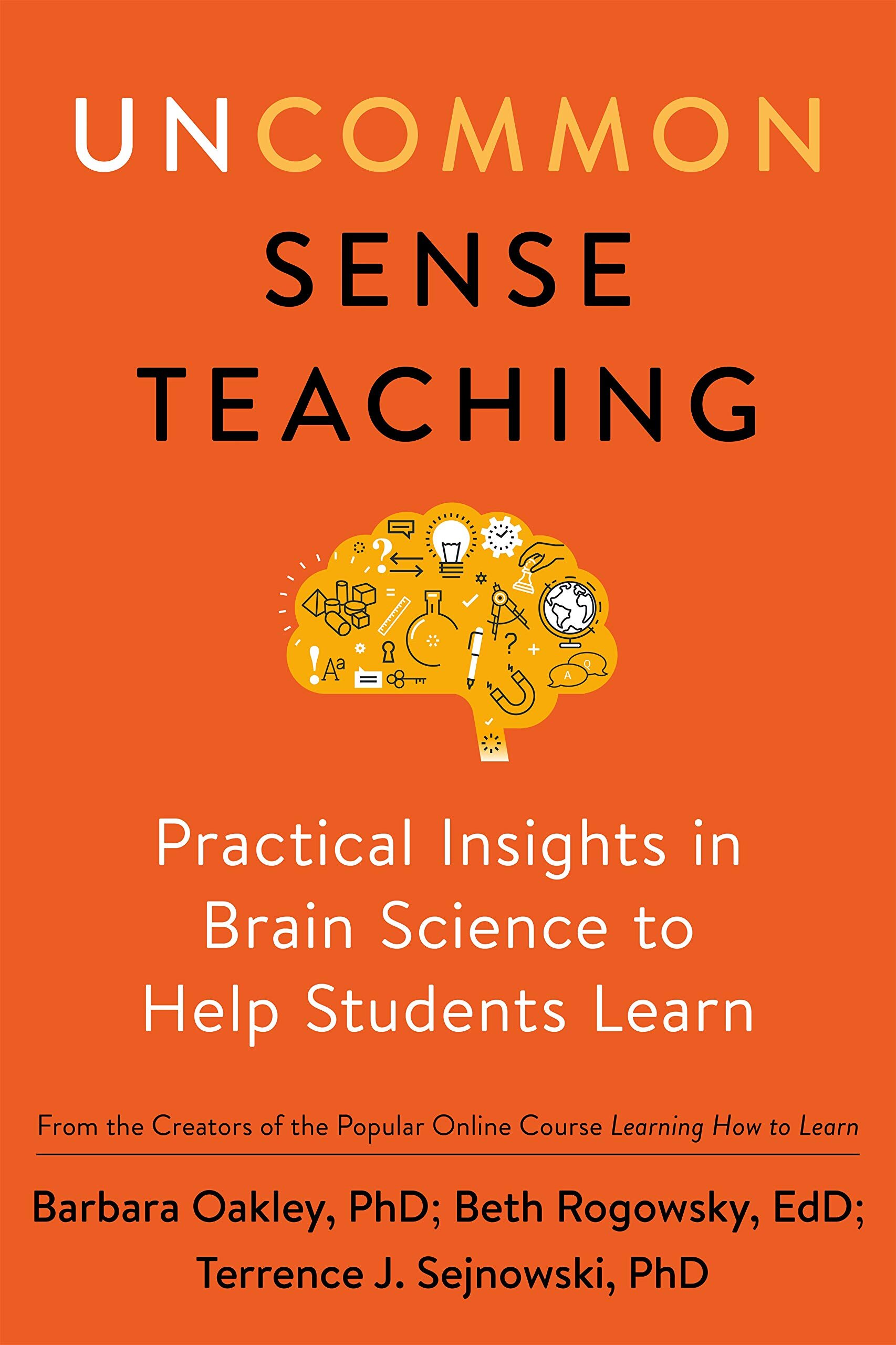Explore my list of recommended books on the science of learning.
Looking for books about how to study smarter, not harder? Visit our page for students.
Books by Cognitive Scientists
Smart Teaching Stronger Learning: Practical Tips From 10 Cognitive Scientists edited by Pooja K. Agarwal
Written by a team of leading cognitive scientists, Smart Teaching Stronger Learning includes unique perspectives from around the world. This accessible and practical tool is short — 10 chapters, only 10 pages each — with real-world examples for busy educators and leaders in K–12, higher education, and beyond. Whether you’re new to teaching or a long-time educator: If you want to improve student learning, this book is for you.
Powerful Teaching: Unleash the Science of Learning by Pooja K. Agarwal and Patrice M. Bain
Written by a cognitive scientist and a K-12 teacher, Powerful Teaching presents cognitive science research, evidence-based recommendations, and practical strategies for the classroom. The authors include research snapshots, lesson plans, and reflections from teachers throughout the book. Click here to download our free resources for Powerful Teaching.
Powerful Teaching is also available in Spanish, with follow-up books by the authors.
Make it Stick: The Science of Successful Learning by Peter C. Brown, Henry L. Roediger, III, and Mark A. McDaniel
Written by cognitive scientists and a novelist, Make it Stick presents key findings from laboratory and classroom research on effective learning strategies. Geared toward a general audience, the authors include real-life examples for strategy and research-based tips for boosting learning and memory.
Click here to download our free resources for Make it Stick.
Understanding How We Learn: A Visual Guide by The Learning Scientists (Yana Weinstein and Megan Sumeracki)
Written by cognitive scientists (The Learning Scientists), Understanding How We Learn presents research about how learning works, evidence-based strategies, and integrated visuals. Geared toward teachers and parents, the authors include real-life examples and case studies related to strategies including retrieval practice, spacing, and interleaving.
Why Don't Students Like School? by Daniel T. Willingham
(click here for the first edition)
Written by a cognitive scientist, Why Don’t Students Like School presents concise research-based explanations and strategies to address common concerns about student learning and behavior. Geared toward teachers and parents, the author provides nine principles from cognitive science that are applicable in a variety of classroom situations.
Ace That Test: A Student’s Guide to Learning Better by The Learning Scientists (Megan Sumeracki, Cynthia Nebel, Carolina Kuepper-Tetzel, and Althea Need Kaminske)
Written by cognitive scientists (The Learning Scientists), Ace That Test offers evidence-based and practical learning strategies that students can use, including dual coding and the power of retrieving what they know. With links to additional resources, this book is for college, university, and school students, as well as educators teaching study skills or learning to learn courses.
In Their Own Words: How to Apply the Science of Learning in Your Academic Setting edited by Catherine E. Overson and colleagues
Written by more than 50 cognitive scientists, In Their Own Words is a FREE e-book is organized into five sections, each containing chapters focused on the history, principles, applications, and practice of the science of learning. It includes research by leaders in cognitive science, as well as recommendations for classroom teachers.
Five Teaching and Learning Myths Debunked: A Guide for Teachers by Adam M. Brown and Althea Need Kaminske
Written by a cognitive scientist and a professor of education, Five Teaching and Learning Myths Debunked presents addresses some of the most commonly misunderstood educational and cognitive myths in teaching and learning. This book unpacks the evidence for or against each myth and provides K–12 teachers with actionable strategies for their classrooms and lesson plans.
How Learning Works: Eight Research-Based Principles for Smart Teaching by Marsha C. Lovett and colleagues
Written by a team of scientists and educators, How Learning Works presents key findings from the science of learning to enrich discussions about research and practice in education. Geared toward diverse education disciplines, the authors offer recommendations for educational systems based on recent research.
Books by Educators
Small Teaching: Everyday Lessons from the Science of Learning by James M. Lang
(click here for the first edition)
Written by a professor of English, Small Teaching presents an approach to improving learning through small, but powerful modifications to course design and teaching practices. Geared toward faculty in higher education, the author provides practical tips for implementing effective learning strategies in classroom settings.
Uncommon Sense Teaching: Practical Insights in Brain Science to Help Students Learn by Barbara Oakley, Beth Rogowsky, and Terrence J. Sejnowki
Written by an engineer, an educator, and a neurobiologist, Uncommon Sense Teaching bridges gaps between teaching, psychology, neuroscience, and engineering. Geared toward teachers and parents, the authors present research overviews and classroom activities to support students’ learning and habit building.
Learning How to Learn: A Guide for Kids and Teens by Barbara Oakley and Terrence Sejnowski
Written by an engineer and a neurobiologist, in collaboration with a teacher, Learning How to Learn presents practical study strategies and insights regarding the effect of procrastination, sleep, and music on learning. Geared toward teenagers, the authors provide relatable examples that teachers can share with students.
Retrieval Practice: Research and Resources for Every Classroom by Kate Jones
Written by a teacher blogger, Retrieval Practice emphasizes specific classroom strategies centered around engaging students in frequent retrieval practice. Geared toward K-12 teachers, the author elaborates on many of her popular strategies, including Retrieval Challenge Grids and Retrieval Placemats.
How Humans Learn: The Science and Stories Behind Effective College Teaching by Joshua R. Eyler
Written by a professor of humanities, How Humans Learn presents research from developmental psychology, anthropology, and cognitive neuroscience, providing insight into the science of learning. Based on five key themes, the author offers recommendations and key takeaways to inform teaching.
Psychology in the Classroom: A Teacher’s Guide to What Works by Marc Smith and Jonathan Firth
Written by an educational psychologist and a teacher, Psychology in the Classroom presents key principles from the field of psychology. Geared toward teachers, the authors discuss commonly misunderstood concepts about human behavior and offer advice for making research-based classroom decisions.
Neuroteach: Brain Science and the Future of Education by Glenn Whitman and Ian Kelleher
Written by teachers at the Center for Transformative Teaching and Learning, Neuroteach presents teachers with key principles from the interdisciplinary field of mind, brain, and education. Geared toward K-12 teachers, the authors provide practical guidance for classroom design and activities.
Learning Begins: The Science of Working Memory and Attention for the Classroom Teacher by Andrew Watson
Written by a teacher blogger, Learning Begins presents teachers with the science behind complex human attention systems. Geared toward K-12 teachers, the author provides guidelines to help students focus on essential learning goals.
Books by Journalists
How We Learn: The Surprising Truth About When, Where, and Why It Happens by Benedict Carey
Written by a journalist, How We Learn presents an engaging introduction to the science of memory. Geared toward a general audience, the author summarizes landmark research findings from cognitive science and he includes a chapter specific to retrieval practice.
Learn Better: Mastering the Skills for Success in Life, Business, and School by Ulrich Boser
Written by a journalist, Learn Better presents an integrated approach to the science of learning and memory. Geared toward a general audience, the author explores key principles from cognitive science from a variety of perspectives and everyday settings.
This page contains affiliate links. We earn fees from qualifying purchases, at no additional cost to you. All fees earned go directly toward covering costs associated with retrievalpractice.org. Thank you for your support.







